SUMMARY
This is AI generated summarization, which may have errors. For context, always refer to the full article.
The Bangsamoro Autonomous Region for Muslim Mindanao (BARMM) Parliament approved on Tuesday, May 18, the Bangsamoro Education Code, a measure that will provide for the establishment, management, and support of a complete and integrated quality education system in the Bangsamoro region.
According to a statement sent to Rappler, 61 Bangsamoro Transition Authority (BTA) members voted in favor of Cabinet Bill No. 70, or the Bangsamoro Education Code.
“As we continue our journey for peace and development, I don’t think there can be any landmark accomplishment that is worth celebrating [more] than being able to establish the Bangsamoro Education Code,” BTA Speaker Pangalian Balindong said.
“It is about time that we have the kind of education we have always aspired for as Bangsamoro people. One that is comprehensive as it is integrated into an education system in Bangsamoro,” Balindong added.
BARMM Education Minister Mohagher Iqbal and Deputy Minority Leader Rasol Mitmug Jr. had defended the proposed bill in the plenary.
“The education code is an embodiment of our aspiration for the Bangsamoro children to have a bright future,” Iqbal said.
The bill upholds the thrust of the Ministry of Basic, Higher, and Technical Education (MBHTE) that “No Bangsamoro child shall be left behind,” which aspires to embody the hopes and ideals of the Bangsamoro people for an inclusive, culture-based, effective, and sustainable education framework.
The MBHTE, under the code, is in charge of formulating, planning, implementing, and coordinating policies, plans, programs, and projects in all learning systems within the Bangsamoro region, both formal and non-formal, as well as supervising all public and private educational institutions.
“We want a version that includes significant provisions that will enhance the Bangsamoro education system, protect the well-being and rights of our teachers, non-teaching staff, parents, and learners,” Iqbal added.
Iqbal emphasized that the code will allow the ministry to effectively govern the education system in the Bangsamoro and set the strategic direction towards a balanced, accessible, and high-standard educational structure.
The education code was introduced to the plenary in October last year. It was one of the six priority codes the interim government needed to pass during the transition period.
The electoral, local government, and revenue codes are among the remaining codes on the Bangsamoro Organic Law (BOL), which the BTA hopes to pass this year.
Member of Parliament Zia Alonto Adiong said that though not all of his proposed amendments were accepted, he has confidence in the collective wisdom of the committee assigned to prepare the code.
“It is also an active reflection of the principle of transitional justice recognizing this time, the unique identity of the Bangsamoro including the nuances present in our region, by promoting our own separate educational system which highlights the history, religion, culture and how our region would move forward according to our chosen destiny,” Alonto said.
“This is our gift to this current generation and the generations to come. Bearing the fruits of the struggle to attain fully our right to self-determination, this shall indeed serve as a guide to improve the quality of our education.” – Rappler.com
Add a comment
How does this make you feel?
![[OPINION] Bangsamoro and beyond](https://www.rappler.com/tachyon/2021/01/BOL.jpg?fit=449%2C449)
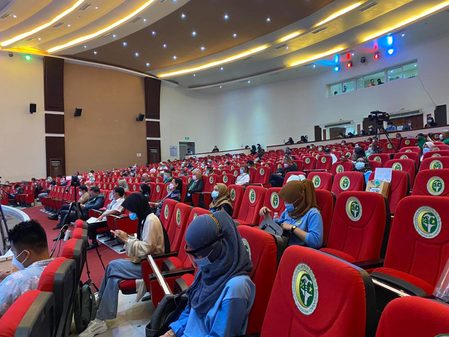
![[Time Trowel] Mentorship matters](https://www.rappler.com/tachyon/2024/04/mentorship-matters.jpg?resize=257%2C257&crop_strategy=attention)
![[OPINION] Education for life: Weaving ethics in all subject areas](https://www.rappler.com/tachyon/2024/03/Education-for-Life-Weaving-Ethics-in-All-Subject-Domains.jpg?resize=257%2C257&crop_strategy=attention)
![[OPINION] Limited intake of international students: Is Canada knee-capping its future?](https://www.rappler.com/tachyon/2024/02/tl-canada-forgeign-student-cap-02232024-2.jpg?resize=257%2C257&crop_strategy=attention)
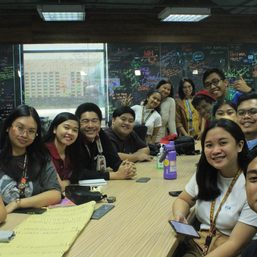
![[Rappler Investigates] Who’s fooling who?](https://www.rappler.com/tachyon/2024/02/rodrigo-sara-duterte-2019.jpeg?resize=257%2C257&crop=167px%2C0px%2C900px%2C900px)
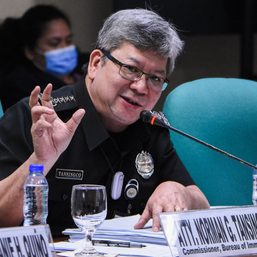

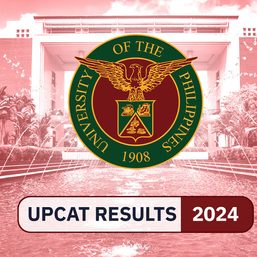
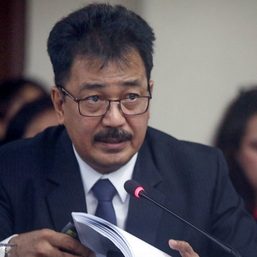
There are no comments yet. Add your comment to start the conversation.